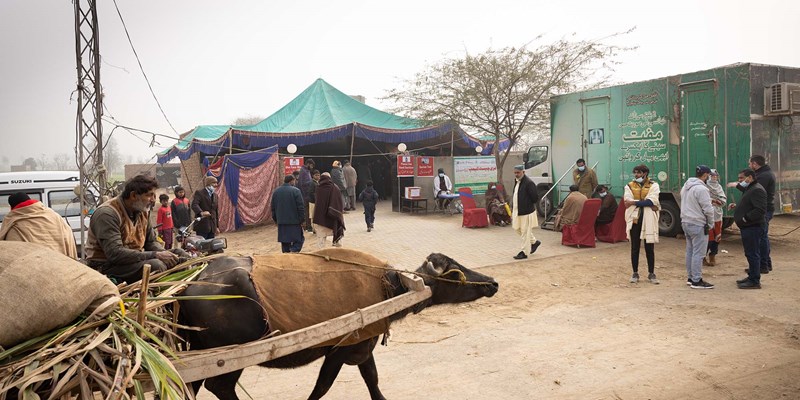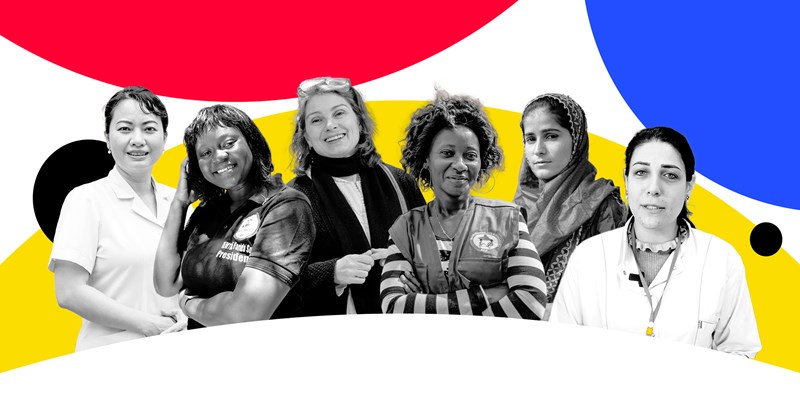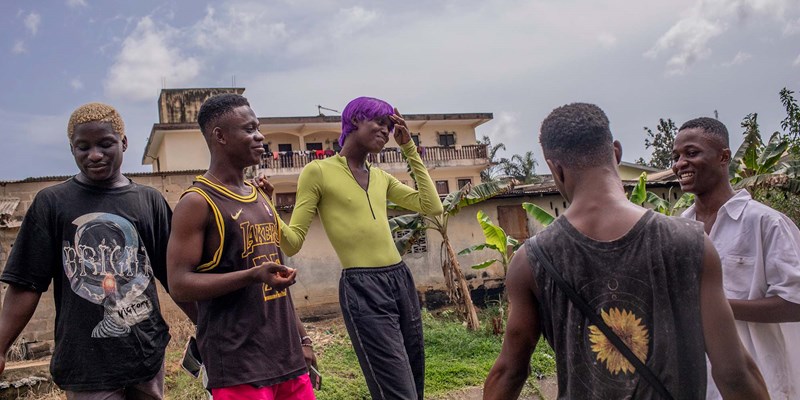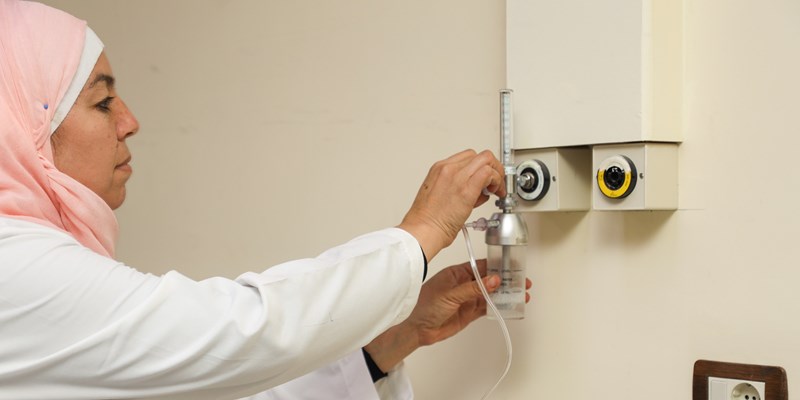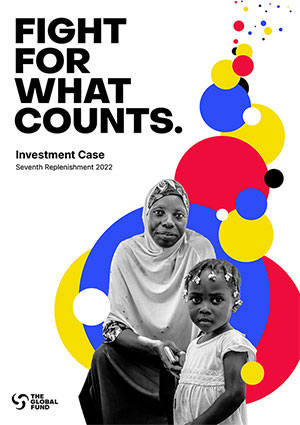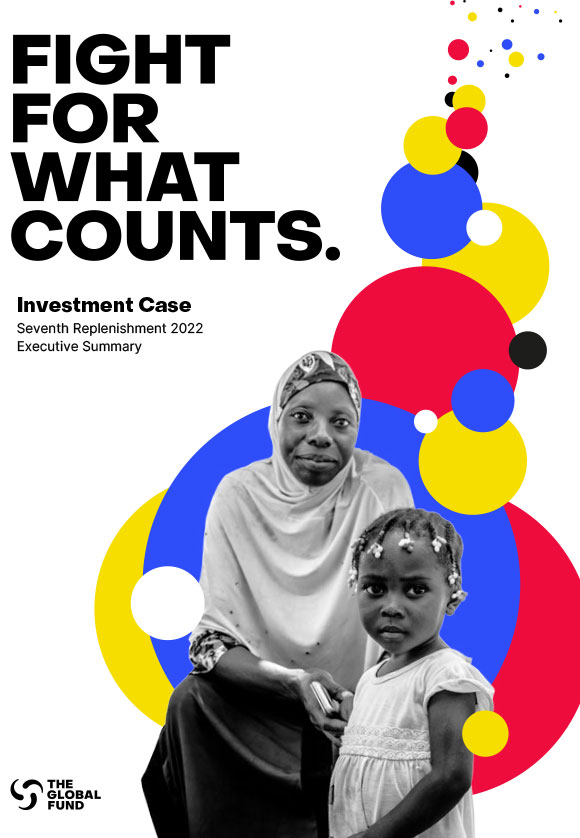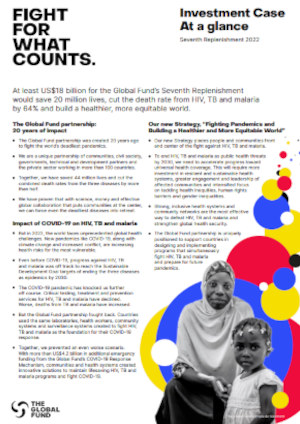The World Health Organization in the African Region and the Global Fund to Fight Aids, Tuberculosis and Malaria strengthen collaboration to support countries
12 November 2010
Brazzaville/Geneva, 12 November 2010 - Dr Luis Gomes Sambo the Regional Director of the World Health Organization in the African Region and Prof. Michel Kazatchkine Executive Director of the Global Fund to Fight Aids, Tuberculosis and Malaria The Global Fund have reaffirmed their commitment to explore mechanisms for strengthening collaboration between the two institutions.
This follows a two-day working session held at the WHO Regional Office in Brazzaville, Congo between a high level delegation of The Global Fund and WHO/AFRO counterparts. The aim of the meeting was to review ongoing collaborative efforts to maximise benefits for Member States in the African region, examine resource implications for technical assistance and develop a joint approach to improve grant implementation.
Welcoming the delegation, Dr Sambo observed that over the years, WHO has been working with Member States mainly in the areas of disease control and improving the organisation and management of the health services. He said the changing epidemiological situation, and new diseases of public health concern compounded with other determinants of health are creating a huge challenge to people and governments in the African region.
He lauded the creation of The Global Fund because funding issues are a problem in almost all the countries in African region not only for HIV/Aids, tuberculosis and malaria but for other public health issues such as maternal and child health, non-communicable diseases, neglected tropical diseases, preparedness and response to epidemics, and others for which healthy systems financing is required.
The Regional Director highlighted health systems strengthening as a priority of WHO. He pointed out that the organization is working with Member States to address health challenges in a more comprehensive manner by strengthening health systems using the primary health care approach but funding remains a challenge due to the low economic performance and poverty in most countries in the region.
He acknowledged The Global Fund for its contribution towards progress in addressing Aids, tuberculosis and malaria and called for the need to address the existing challenges and constraints.
“I believe that if we improve dialogue and stimulate synergies between the Global Fund, Member States and WHO, we can optimise and get better results from the inputs of the Global Fund”, he stressed.
In his remarks, Prof. Kazatchkine expressed his gratitude for the invitation to the Regional Office and pointed out that both organisations have complementary capabilities and resources and are working towards attainment of the collective goals of; eliminating malaria as a public health problem of the continent, preventing new HIV infections and deaths from HIV, eliminating mother to child transmission of HIV (MTCT), reducing child mortality, improving maternal health, containing the spread of multidrug resistant tuberculosis and achieve the planned decrease in TB mortality and disease prevalence as well as strengthening health systems.
Referring to ongoing collaborative work with WHO, UNICEF, UNAIDS and The Global Fund on mother to child transmission of HIV/AIDS, the Executive Director said WHO/AFRO has been providing an excellent support to countries to help reprogramme resources to PMCT and as well as the development of strong grant applications.
“The extraordinary mobilisation and progress I see in that area really is a sign to me that each of us can play our respective roles in global health. I find this hugely encouraging sign of collaboration’, he said.
Prof Kazatchkine highlighted country ownership, funding evidence-based interventions, inclusiveness; focus on results, and partnerships as the founding principles underpinning the work of The Global Fund. He underscored WHO’s unique role in providing normative guidance to Global Fund’s projects.
“We will only fund evidence-based interventions and this is where WHO has a key role because you are the agency that sets the standards. You are the normative agency in health”, he emphasized.
In relation to health systems strengthening Prof Kazatchkine revealed that a new funding window has been opened in collaboration with GAVI, World Bank and WHO to support this initiative.
A range of recommendations were agreed during the two-day working sessions on management and programmatic issues such as health systems strengthening, technical support, resources particularly for providing support to Member States, partnerships and support to the Global Fund Board Constituencies.
Countries in the African Region are among the largest recipients of Global Fund grants and WHO/AFRO plays an active and critical role in providing technical support in the development, negotiation and implementation of these grants which are an important source of funding for international health development efforts to attain the Millennium Development Goals (MDGs) particularly for HIV, TB and malaria.
